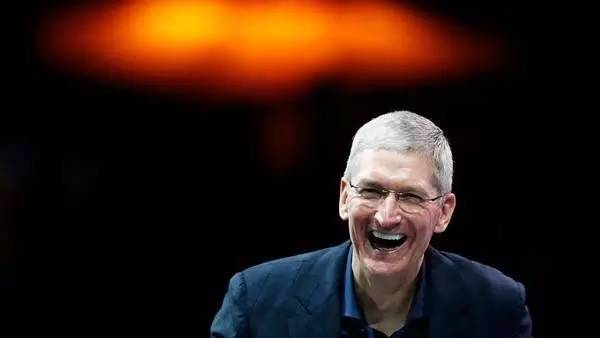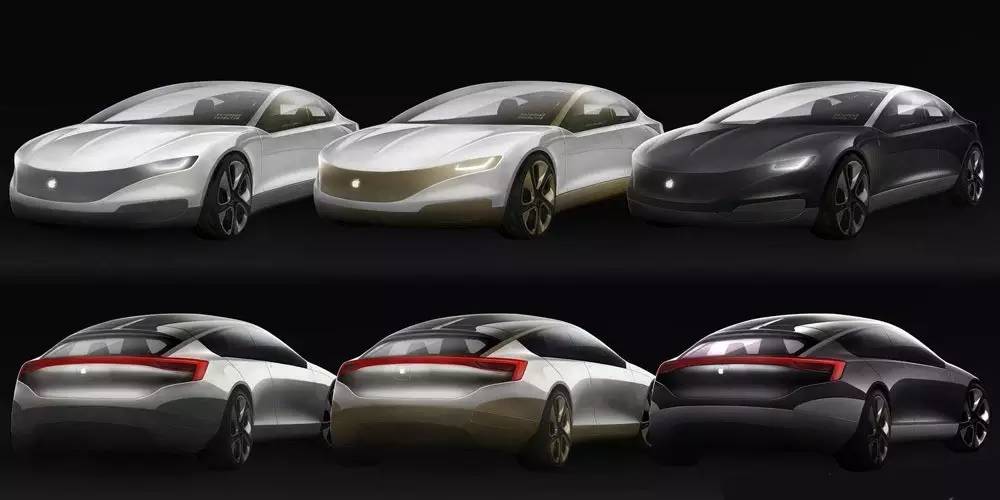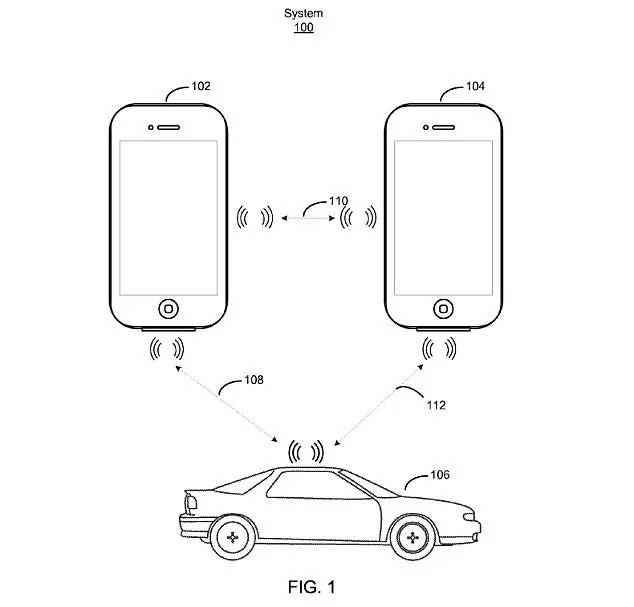If you haven’t missed the reports from various media outlets, you should know that Apple is possibly going to build charging stations.
These reports all quote from Reuters’ coverage.
Here’s what we know. Apple has recently been in contact with several charging station companies, leading to speculation that they are involved in building their own charging stations. Some even boldly speculate that Apple Stores will be equipped with charging stations to promote electric cars. Charging station companies are worried about potential competition and do not want to reveal too much to Apple, and are not commenting on the matter.
This looks like a rumor with little evidence, yet we all want to believe it.

Now, let’s take a closer look at the reliability of Apple’s car-making plans.
If you’ve been following this account for a while, you probably noticed this push notification. ‘Apple Car Is Coming! 35 Design Pictures and Videos Leaked!‘ In this article, I detailed the personnel involved in the Apple Car project, all taken from their linkedin profiles.
Among these people, there are experts not only in software development, but also in battery management systems (BMS) and manufacturing. Why would Apple hire so many people from the car industry if they weren’t making a car?
Listed below are members who joined the project at different times, including but not limited to:
Steve Zadesky
Graduated from Stanford University and worked at Ford for three years before joining Apple in 1999. Rumored to be in charge of the Apple Car project.
Johann Jungwirth
Worked in the research and development department at Mercedes-Benz for 17 years before joining Apple in September 2014. Left Apple in November 2015 and moved to Volkswagen in Germany.
Sanjai Massey
Previously worked at Ford and joined Apple in September 2014.
Lech Szumilas– Worked for Delphi and joined Apple in October 2014.
Megan McClain
– Worked for Volkswagen and joined Apple in March 2015.
Doug Betts
– Worked for Chrysler and joined Apple in July 2015.
Vinay Palakkode
– Joined Apple in July 2015.
Jamie Carlson
– Responsible for Autopilot at Tesla, joined Apple in August 2015.
Xianqiao Tong
– Worked for NVIDIA and joined Apple in August 2015.
A Chinese, studied at Harbin Institute of Technology during university.
On their personal pages, only the following is written:
A great project.
A special project.
A project that changes the future.
In addition, Apple has hired at least four experts in the charging field, including former BMW employee and automotive engineer Rónán ó Braonáin who joined in August 2015, and former Google charging expert Kurt Adelberger who joined in early May. Rónán ó Braonáin researched how to integrate charging infrastructure into home energy systems and posted a recruitment demand on LinkedIn.
It is important to know that there will not be a major breakthrough in battery life in the short term. By joining the team of charging experts, if Apple brings faster charging technology, it will be a huge benefit to the entire electric car industry. The in-depth research on charging also verifies the authenticity of Apple’s car-making plan. It is important to note that no electric car manufacturer will only focus on producing cars and ignore charging.
Earlier reports have named Apple’s car-making project “Project Titan,” which is expected to be officially launched in 2019. Meanwhile, the Apple Car is highly likely to be produced by Canadian parts manufacturer Magna.
Tesla CEO Musk has publicly stated that Apple’s car-making plans have long been an open secret.
Everyone wants to dig out the truth.
Morgan Stanley analysts tracked and investigated this issue. Since 2013, Apple’s R&D investment in travel products has risen steadily. By 2015, Apple had invested 5 billion US dollars in R&D for travel products, which exceeded the cost of developing the iPhone that year and exceeded the investment in electrification by 14 global automakers plus Tesla. In 2016, Apple’s R&D budget will increase to 10 billion U.S. dollars. Analysts believe that half of the funds may be invested in Project Titan.
When it comes to making cars, Apple is not short of money.
Another completely confirmed information is that according to Apple’s consistent secret personality, currently, all designs called Apple Car are fake.

Three days ago, on May 24, 2016, Apple was granted a patent for “car keys.” Car owners can use an iPhone or Apple Watch to remotely control the vehicle through Bluetooth, enter a password to unlock and start the engine. At the same time, each account can authorize a family member to manage the car key.

This patent doesn’t look unfamiliar. Many brands’ vehicles have implemented this function, such as remote control of car doors through the mobile App. In addition to convenient use by car owners, this is also the basic function of sharing a car. Apple’s own initiative in doing this makes people think of Apple’s 1 billion US dollar investment in Didi. Not only does Apple plan Apple Car, it also has ambitious plans for shared travel.
Will the future of cars change quickly with unmanned driving and vehicle sharing?

This article is a translation by ChatGPT of a Chinese report from 42HOW. If you have any questions about it, please email bd@42how.com.
